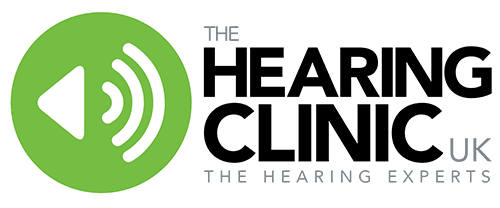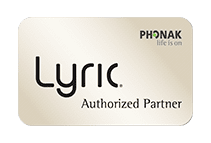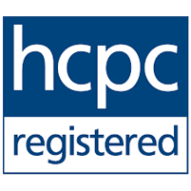Number 1: Make your own decisions. Don’t be seduced by cheap offers that don’t deliver.
There are advertisements all over the place these days.
“Buy hearing aids cheap”
“Get 2 hearing aids for the price of 1”
“Free gadgets when you buying a hearing aid”
For a piece of equipment that you are going to integrate with your body, these messages are pretty daunting aren’t they?
Imagine you needed an organ transplant. Maybe it is a kidney or liver. How would you feel if the person providing it started to sell it to you with cheap sales talk like this. How would you feel about the kidney? I don’t know about you, but I’d start questioning its quality. I’d consider why they are using such pushy tactics to get me to buy their offering.
I say enough of these cheap sales slogans. Enough of trying to push people into decisions with these practices that only result in hearing devices being unused and put away in cupboards and drawers.
How about, people get to choose for themselves what they would like?
I can’t stress enough to you the importance of understanding for yourself your own hearing levels. Monitor them regularly. Compare the results to the last time you looked at them. Ask for a speech analysis assessment with a friend so that you can gauge what you are missing. Discuss your lifestyle and your needs. Don’t just go for what is on the shelf. Insist on getting a solution that fits you perfectly.
Number 2: Trying before you buy
After you are fully aware of your hearing loss and an expert has talked through your hearing loss, you should be able to try a few different options.
There are two types of hearing aid dispensers out there: those that let you try them on first and allow you to make decisions for yourself and those that insist that you put your money down first.
Make sure you get to try yours on first and that they are tuned to your ears as best as they possibly can be. There is nothing worse than a hearing aid that is out of sync with the tones that you need. Don’t accept sub-standard care. If the devices aren’t giving you the sounds you need, make sure that you see your specialist as soon as possible so that you can hear the sounds you need again.
That brings me onto my last point. Care.
Number 3: Make sure you are looked after
I would actually say that aftercare is the most important aspect of wearing a hearing device. Ears have a habit of changing their needs – at least once per year depending on the person and up to four times if your ears are particularly sensitive to changing environments. However, no hearing aid in the world is advanced enough as of yet to interpret on an ongoing basis the sounds that you need and constantly update itself. That’s why you need to be able to call your specialist at the drop of a hat and get them to make adjustments if necessary.






